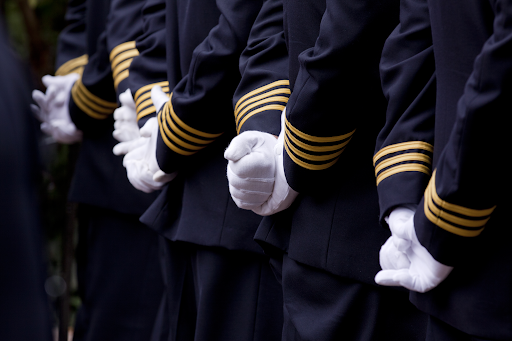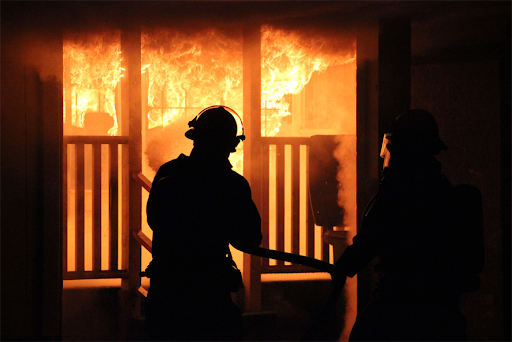Get the help you need right now 855-900-8437 Get Help Now
Get the help you need right now 855-900-8437 Get Help Now
September 17, 2019
At some point in their lives and careers, fire fighters will experience grief. Some of the grieving process is influenced by the unique aspects of the job.
Fire fighters and paramedics have a calling to serve others, protect their community and each other. When a fatal fire, line-of-duty death or suicide occurs, our brothers and sisters directly or indirectly involved with the incident may experience survivor’s guilt.
Survivor’s guilt occurs when you feel a sense of guilt that you survived a traumatic incident and the deceased did not.
Feelings that you should have done more to prevent the loss may also be triggered.
The National Center on PTSD explores survivor’s guilt through two important factors: guilt and shame. These two factors can interact with each other and lead to exaggerated or false beliefs about one’s self, others or the world that impede recovery.

Guilt is defined as a sense of remorse caused by feeling responsible for something that occurred. Fire fighters may feel guilty when they believe they should have thought, felt or acted differently on the fire ground or during a rescue operation. Survivors often think, “I should have done more,” or might feel guilty for surviving the traumatic event when others died.
Shame, on the other hand, occurs when the surviving individual develops the belief there is something fundamentally or morally wrong with them as a result of not being able to save someone. The fire fighter may feel damaged or tainted by their actions. As a moral consequence, a fire fighter may feel deserving of their PTSD, prolonged grief and subsequent negative life experiences.
Both guilt and shame operate around the concept of the just-world belief, a central premise of Cognitive Processing Theory (CPT), one of the main evidence-based treatments for PTSD. The idea of the just world is the fundamental idea that good things happen to good people and bad things happen to bad people. In other words, the world is inherently fair, and people basically deserve what happens to them. This is a common belief many are taught in their upbringing.
However, when bad things happen to people who otherwise see themselves as good, their understanding of the world is fundamentally shattered. To restore a sense of order, the survivor can develop one of two dysfunctional beliefs to cope with the traumatic event or loss:

While survivor’s guilt is not an official mental health diagnosis, according to the American Psychiatric Associating (APA), it is referenced as a symptom subset of PTSD. Consequently, fire fighters suffering from survivor’s guilt may experience co-occurring symptoms of PTSD, which include:
Whether you experience a line-of-duty death, an incomplete rescue or the suicide of a crew member, feeling you deserve to suffer is never a normal part of the grieving process and requires clinical attention. Talking about these feelings with someone is a critical step to move forward with your life.
To learn more about normal versus complicated grief, see the IAFF Guide on Coping With Grief.
The IAFF Center of Excellence is a residential mental health and substance abuse treatment facility exclusively for IAFF members located in Upper Marlboro, Maryland. Call today for a free and confidential screening or to learn more about treatment options.
Sources:
U.S. Department of Veterans Affairs. “PTSD: National Center for PTSD.” Accessed September 16, 2019.
Cognitive Processing Therapy for PTSD: A Comprehensive Manual. Patricia A. Resick, Candice M. Monson, et al. Dec 26, 2016